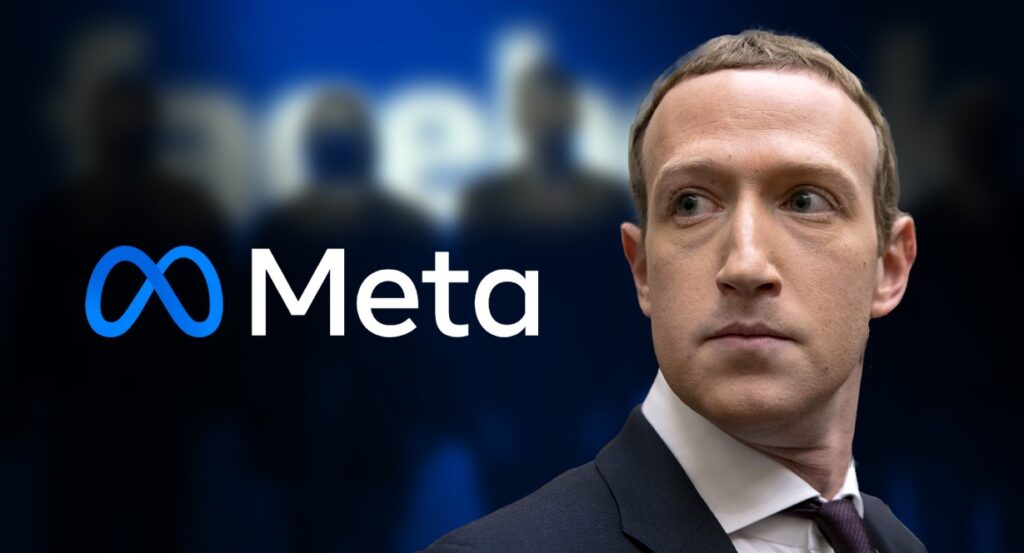Meta recently announced a paid verification service for its users. This would allow individuals and businesses to prove their authenticity on the platform. This new direction has been met with mixed reactions. Some praising the effort to combat fake accounts and misinformation, while others criticize the potential harm it could cause. This article will discuss five reasons Meta’s paid verification service will do more harm than good.
1. Exacerbate Existing Inequalities
First, the paid verification service may exacerbate existing inequalities. With the introduction of this service, Meta is essentially creating a two-tier system where those who can afford to pay for verification are given greater credibility than those who cannot. This could lead to wealthier individuals and organizations being given preferential treatment over others simply because they have more resources. In a society already plagued by income inequality, this move by Meta seems counterproductive and may further widen the gap between the haves and the have-nots.
2. Increase of Fraud & Scammers
Secondly, the paid verification service could give rise to new forms of fraud. In recent years, we have seen numerous instances where individuals and organizations have been able to game the system by creating fake accounts or buying followers. With the introduction of paid verification, we could see a new wave of fraudsters willing to pay for the service to gain credibility and legitimacy on the platform. This could lead to a situation where the authenticity of verified accounts is called into question, ultimately undermining users’ trust in the platform.
3. Undermining The Concept of Authenticity
Thirdly, the paid verification service could undermine the concept of authenticity itself. In the past, authenticity was earned through hard work, dedication, and a commitment to one’s craft or cause. By introducing a paid verification service, Meta essentially says that authenticity can be bought, which could lead to a situation where the concept of authenticity loses its meaning. This could have far-reaching consequences, not just for Meta but for society.
4. Ineffective Approach
Fourthly, the paid verification service may not be effective in achieving its intended goal. The idea behind the service is to combat fake accounts and misinformation by giving users a way to prove their authenticity. However, this approach assumes that the problem lies with individual users and organizations rather than the platform itself. In reality, the issue of fake accounts and misinformation is deeply ingrained in the algorithms and business models of social media platforms like Meta. By introducing a paid verification service, Meta is trying to address the symptoms of a much deeper problem without addressing the root cause.
5. Creates Unsolicited Influence
Lastly, the paid verification service could lead to verified accounts being given undue influence and power. This could lead to a problem where verified users are given greater access to resources and information simply because they have been verified. This could ultimately lead to a situation where the voices of unverified users are silenced or ignored, leading to a condition where the platform becomes less diverse and inclusive.
While Meta’s paid verification service may seem like a step in the right direction, there are several reasons why it will do more harm than good. It could exacerbate existing inequalities, give rise to new forms of fraud, undermine the concept of authenticity, be ineffective in achieving its intended goal, and lead to a situation where verified accounts are given undue influence and power. As such, Meta needs to reconsider its approach and come up with more effective and equitable ways to combat the problem of fake accounts and misinformation on its platform.

